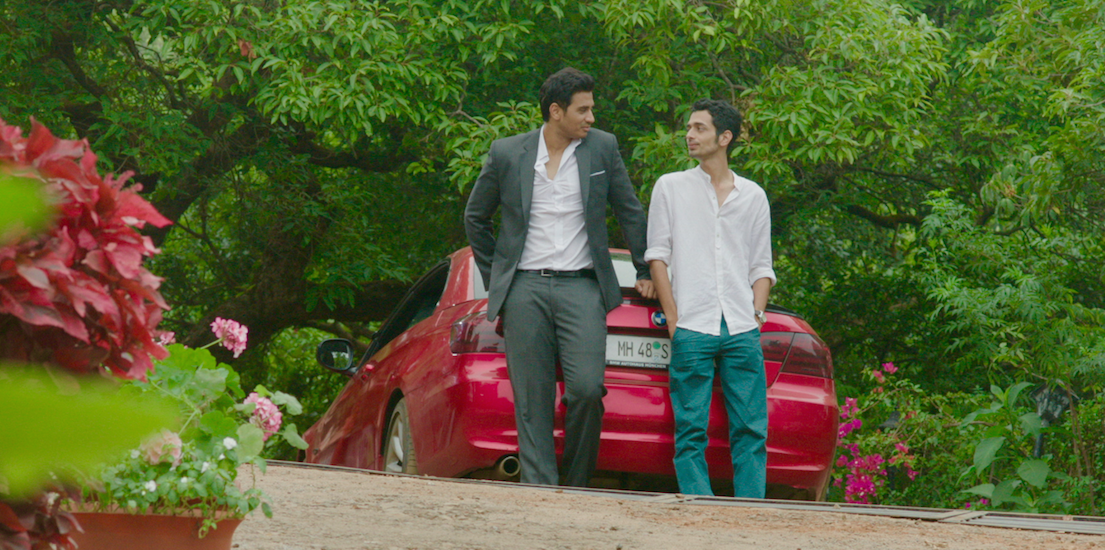MAMI Young Critic’s Review: A ‘loev’ story with a difference
The 17th edition of MAMI opened with Hansel Mehta’s Aligarh, which was a story of a professor living in a small city in Uttar Pradesh, India, who, because of his sexual identity and an archaic law in the Indian constitution, ends up fighting a lost battle.
Although Loev is made in the same vein, yet, Sudhanshu Saria’s film is completely different. It manages to tell a story without the usual elements associated with films on this subject. The conflict in Loev isn’t between the law, society and the community; it is between the aspirations, emotions, motives, and needs of the characters.
Sahil, a musician and aspiring artist manager, along with his old friend Jai, a businessman in USA, takes a trip to Mahabaleshwar. As the journey unfolds, they discover that it is not only their sleeping pattern that differs, but so do their lives. From the beginning, we see Jai give in to all of Sahil’s demands and whims – from renting the car that he wants, to going hiking, to the restaurant that they dine at and everything else. A particular scene where Jai is reluctant to climb onto a rock during hiking, but does it when Sahil prods him on, is very symbolic of the nature of their relationship.
As Jai’s feelings for Sahil become evident, and the differences between Alex (Sahil’s partner) and him manifest, Jai seems unable to decide for himself. His life is best represented by the song that he sings, ‘Ek chaand aasmaan mein raat bhar tehra hai, chaand ko pata nahin, tera hai ya mera hai” (The moon stays the entire night, not knowing who it belongs to).
As their lives intertwine, Loev lets you decide whether things change or not, because as we all know, love is very weird, messy, exhilarating, uncontrollable, exhausting and most importantly, forgiving; all at the same time. A different sexual orientation doesn’t change the meaning of love. But as it hits this point home, the technicalities act like a speed bump on a smooth road. The editing and cinematography leave a certain disconnect between the scenes from the beginning; jerky camera shots and sudden out-of-focus moments don’t make it any better. The characters don’t develop completely throughout the film, leaving their motivations and actions ambiguous.
That said, Loev, even with these hiccups, manages to be a breather amongst the films made on this subject, mainly because it doesn’t pander and conform to the stereotypes, a trap very easy to fall into.
Manika Verma
(Young Critic from the MAMI Young Critics Lab)



